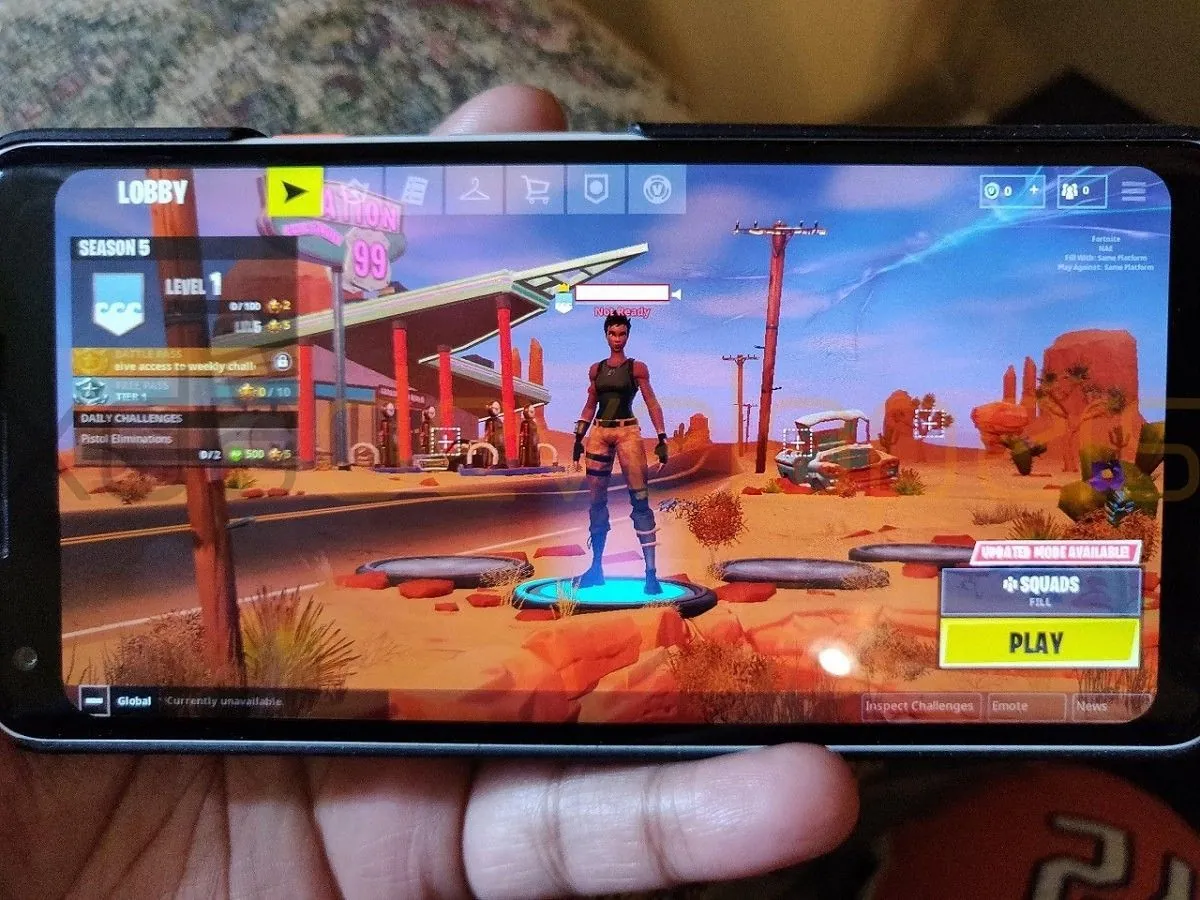Four years after its removal from Apple and Google app stores, Fortnite is making a limited return to mobile platforms. This comeback, however, is far from straightforward and varies significantly depending on your location and device.
For European Union residents, Fortnite will be available starting August 18, 2024, through non-Apple mini app stores, thanks to the Digital Markets Act implemented in 2023. Android users worldwide can access the game through a new alternative app store, albeit through a complex process.
This partial return of Fortnite to mobile devices challenges the app store blacklisting by Apple and Google, offering a glimpse into the potential future of smartphone app distribution. The situation highlights the ongoing debate about app store monopolies and the efforts to reshape the mobile app ecosystem.
The current app store model, established around 2009, has faced increasing scrutiny. Critics argue that Apple and Google's control over their respective app stores leads to higher prices, stifles innovation, and imposes restrictions on both developers and users. For instance, Texas Monthly executives reported delays in app updates due to approval processes, while Patreon recently announced a 30% price increase for iPhone users due to Apple's in-app purchase requirements.
Epic Games, the creator of Fortnite, has been at the forefront of challenging this status quo. Founded in 1991, the company has grown significantly, with Fortnite alone generating over $5 billion in revenue in 2020 and amassing more than 350 million registered players worldwide.
In 2023, a jury sided with Epic in its case against Google, agreeing that the tech giant had violated antitrust laws with its Google Play store practices. While Epic largely lost a similar case against Apple in 2021, both rulings have set the stage for potential changes in the app store landscape.
Epic's proposed changes could lead to more choices for consumers, including alternative payment methods and app stores. For example, users might have the option to download apps from stores tailored to specific interests, such as gaming or teen-focused platforms.
"A lot of people can't even imagine a better world."
However, these potential changes are not without concerns. Critics argue that alternative app stores could compromise security and user experience. Google has expressed worries about the impact on privacy and overall consumer satisfaction.
As the mobile gaming market continues to grow, projected to reach $153 billion by 2027, the outcome of these legal battles and regulatory changes will have far-reaching implications. The return of Fortnite to mobile platforms, albeit in a limited capacity, serves as a tangible example of the ongoing revolution in the app ecosystem.
While the future of mobile app distribution remains uncertain, it's clear that the current model is under scrutiny. Whether these changes will ultimately benefit consumers or create new challenges remains to be seen, but the mobile app landscape is undoubtedly on the cusp of significant transformation.
